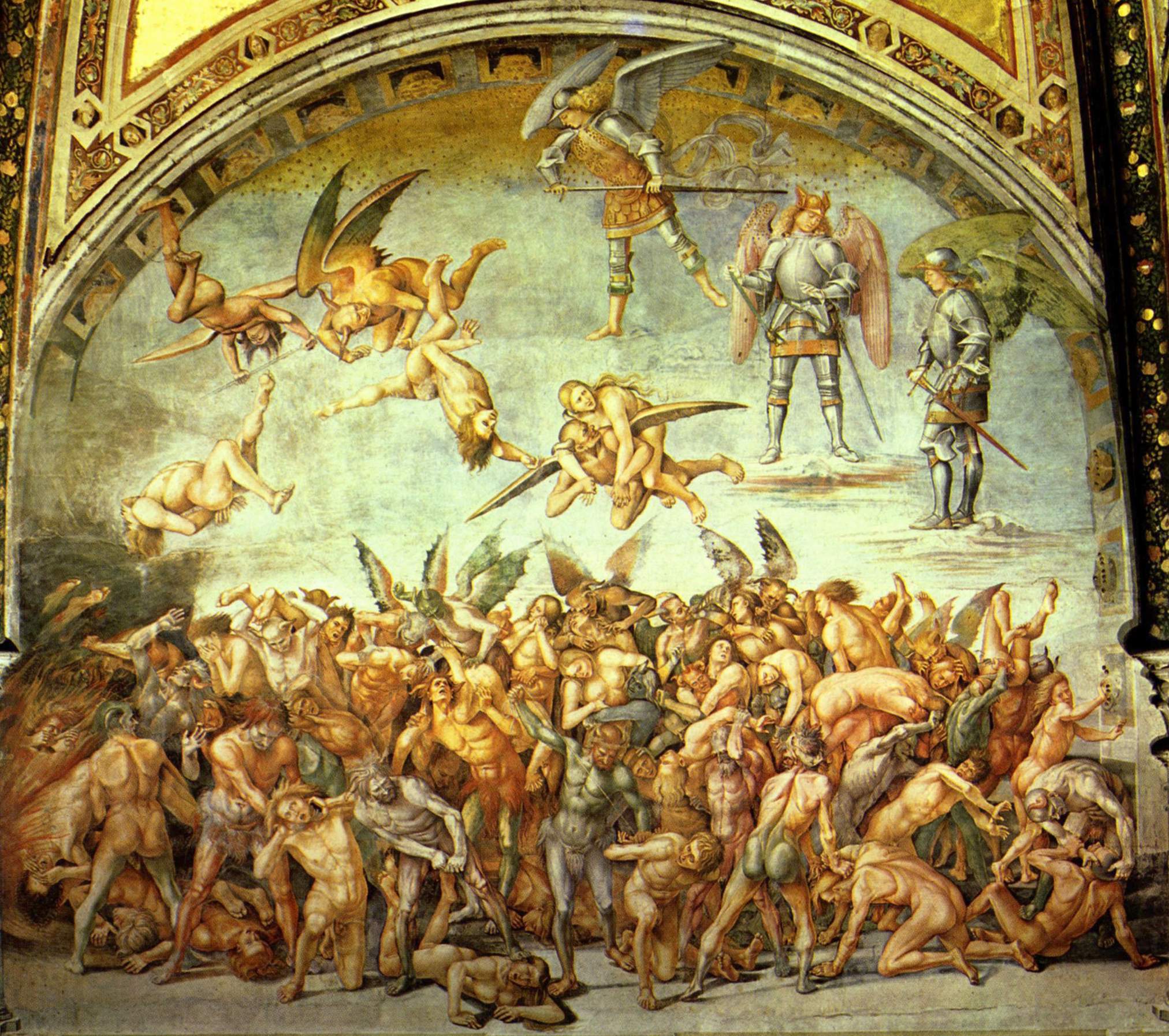It's more than just oil . . . but not much more.
Since the early 1990s when China's economic liberalization began to produce
high annual GDP growth rates, Chinese foreign economic policy has tilted toward the Middle East and Africa in a bid to ensure adequate supplies of energy and other resources necessary to sustain that growth. China's courtship of Africa has been intentional and, by any economic measure (with
economic being an important qualification), it has been successful.
Just a few examples are
necessary to illustrate how extraordinary China's diplomatic effort to build
ties with Africa has been. First, in October 2000, China hosted a ministerial
meeting in Beijing to inaugurate a new organization called the Forum on
China-Africa Cooperation (
FOCAC). At this meeting, President Jiang Zemin
announced a series of Chinese initiatives designed to aid Africa (and promote
China's interests there). These initiatives included a doubling of China's
development assistance to Africa, the construction--at China's expense--of a new
headquarters building for the African Union, the cancellation of all African
debts, the establishment of a $5 billion fund to promote African investments by
Chinese firms, a doubling (to 4,000) of the number of scholarships for African
students in Chinese universities, construction of 30 hospitals and 100 schools
in Africa, the training of 15,000 Africans in the professions, and more. Since that initial meeting, FOCAC has held meetings at
the ministerial level every three years, alternating between Beijing and an
African capital. Second, between 2004 and 2006, China hosted at least 29
leaders from Africa; some who had been shunned for human rights-related reason in
Washington were given red-carpet treatment in Beijing. Meanwhile, President Hu
Jintao and Prime Minister Wen Jiabao between them made 15 state visits to
Africa in the same period.
The results of these and
other efforts can be quantified. The value of trade between China and Africa
increased from $8 billion in 1997 to $106 billion in 2008. In 2009, China overtook the United States to become Africa’s largest
trading partner; by 2012,
trade between China and Africa reached a total value
of $198.5 billion divided between approximately $85 billion in Chinese exports
to Africa and just over $113 billion in African exports to China.
According to China’s Ministry of Foreign Affairs, China today
maintains embassies in 41 African states. (Three African states with no Chinese
embassy--Burkina Faso, Sao Tome and Principe, and Swaziland--maintain diplomatic
relations with Taiwan.)
To the extent that there is
political and economic competition involved, China has a number of advantages
over the United States and Europe in its dealings with Africa. First, as a victim
itself of Western imperialism in the nineteenth and twentieth centuries, China
is able to engage with former colonial states with a measure of credibility and
trust that is lacking for those states that once ruled colonial empires. This
is no small matter on a continent that for centuries was divided up and
exploited by a handful of European states. Second, China's history and ideology
give it a worldview with respect to sovereignty and human rights that more
closely matches that of many African governments than the worldview of the
West. Paradoxically, in its relationship with Africa, the West suffers both
from the illiberal policies of the past and the liberal policies of the
present. Third, China offers what to many African leaders appears to be a very
attractive model of state-centered development. Thus far, Beijing has managed
to achieve impressive economic gains without conceding the need for more open
political processes. This is appealing to the long-time rulers of Zimbabwe,
Sudan, Equatorial Guinea, and other African states. Fourth, the Chinese
political system makes possible forms of investment in Africa that are
generally difficult, if not impossible, for the United States and Europe to
match. Specifically, China is able to tie the contracts its state-owned
enterprises make with African governments to government aid packages. It is as
if a U.S.-based oil company were able to promise that, upon the completion of a
deal, USAID would follow with a new set of grants. Fifth, China's economic
dealings in Africa are unaffected by concerns over the quality of governance.
What human rights and anti-corruption advocates in the West decry as “dirty
aid” or tainted contracts appears to some African leaders merely to be business
as it should be--without conditions external to the matters at hand.
Much of what China gets from
Africa is oil. Eighty percent of the value of African exports to China comes
from oil. China imports more oil from Angola, the second-largest oil exporter
in sub-Saharan Africa, than any other state. It has a significant stake in exploration and production in many other African states, and has had, in some cases, for a decade
or more. Two Chinese IOCs, the China National Offshore Oil Corporation (CNOOC)
and the China Petroleum and Chemical Corporation (SINOPEC), began operating in
Sudan in 1995 with petroleum production beginning in 1999. Chinese companies
began oil exploration in Libya in 2001, Nigeria in 2002, and Ethiopia in 2005.
China began purchasing petroleum from Congo in 2000, from Equatorial Guinea in
2002, and from Gabon and Mauritania in 2004.
China's efforts to increase
and diversify its sources of petroleum are essential to the maintenance of the
economic growth that has so far kept the Communist Party in power by lifting
millions of people out of poverty. China surpassed Germany and Japan to become
the second-largest car market in the world in 2005. It is expected to have 130
million vehicles on the road by 2020, surpassing the U.S. By 2030, the number
of cars and trucks in China is expected to reach 270 million. Quite apart from the urban road construction necessary to
accommodate 270 million vehicles, China will require significant increases in
its supply of petroleum to meet future demand.
In a world of scarcity, this
might be a problem. It is not clear, however, that we are living in world of scarcity at this point. The
BP Statistical Review of World Energy 2013 puts the world supply of petroleum (proved reserves) at 1.669 trillion barrels of oil--more oil than has been produced since the beginning of petroleum exploration and production. Of course, demand is accelerating, so a better indicator may be the reserves-to-production ratio. BP puts the reserves-to-production ratio (the ratio of petroleum reserves remaining at the end of the year divided by that year's rate of production) for the end of 2012 at 52.9 years. That's not a long time, but with a few new finds it may be long enough to see even China and India move away from oil consumption as the U.S. has begun to do.


.jpg)


